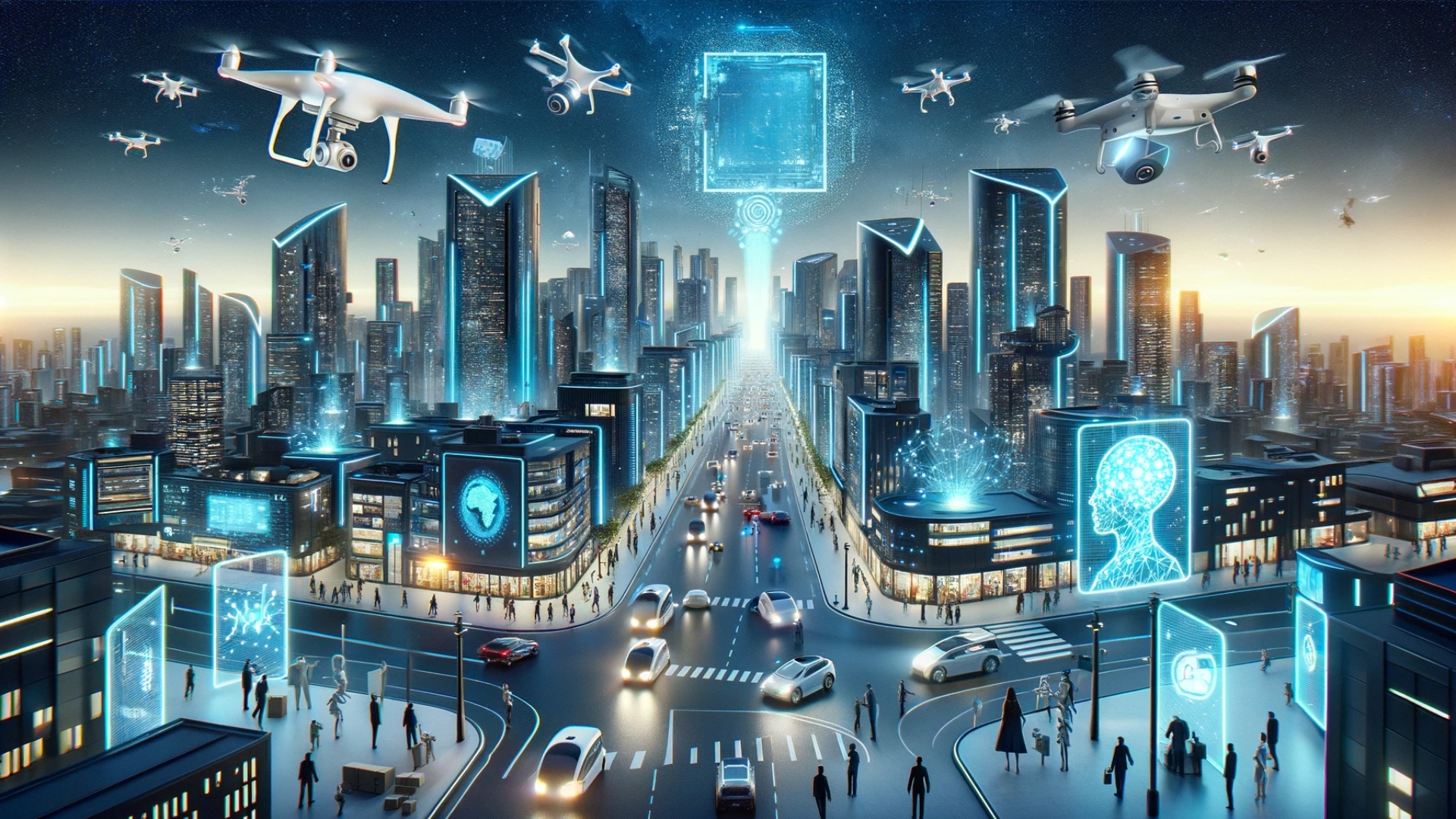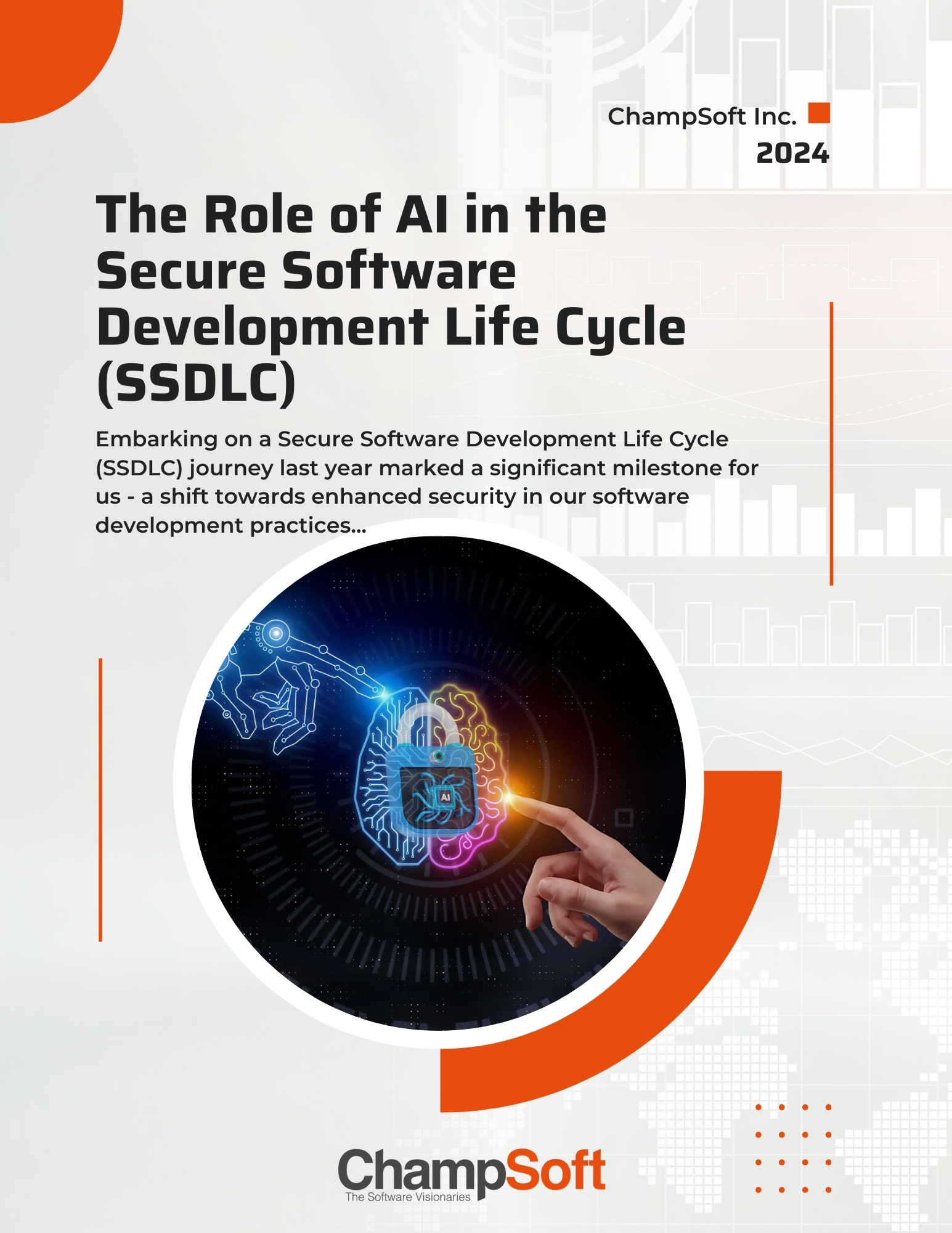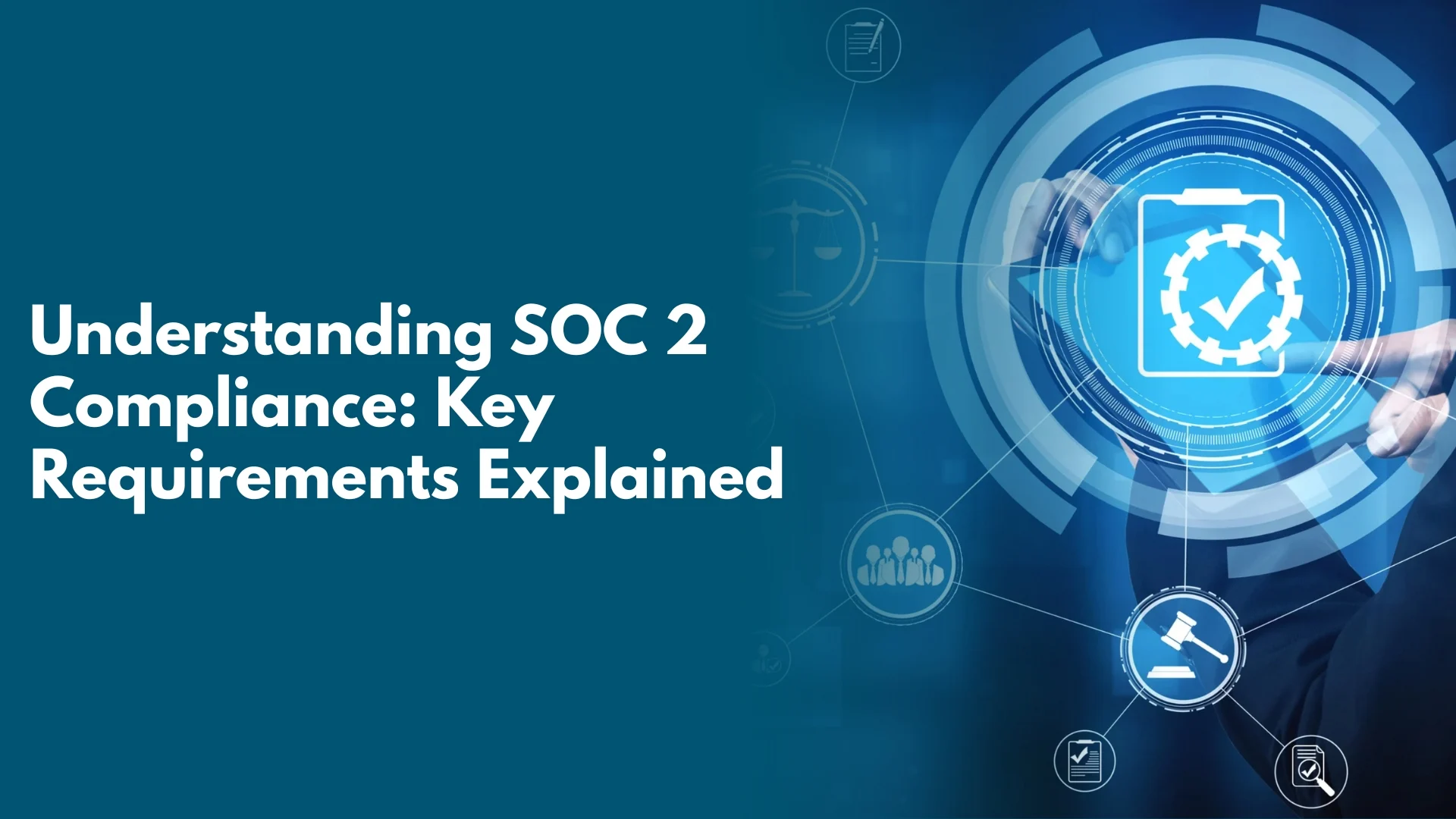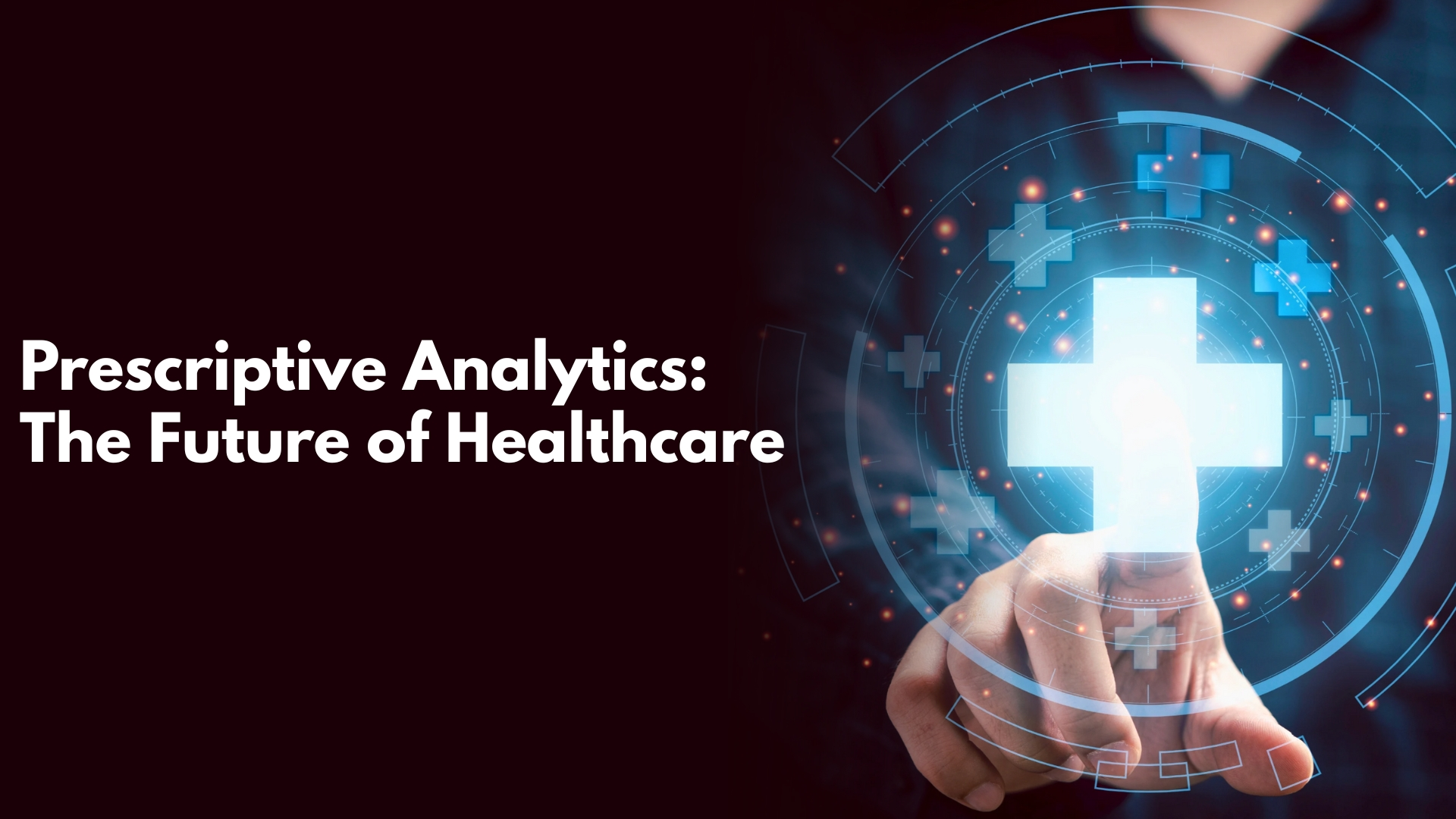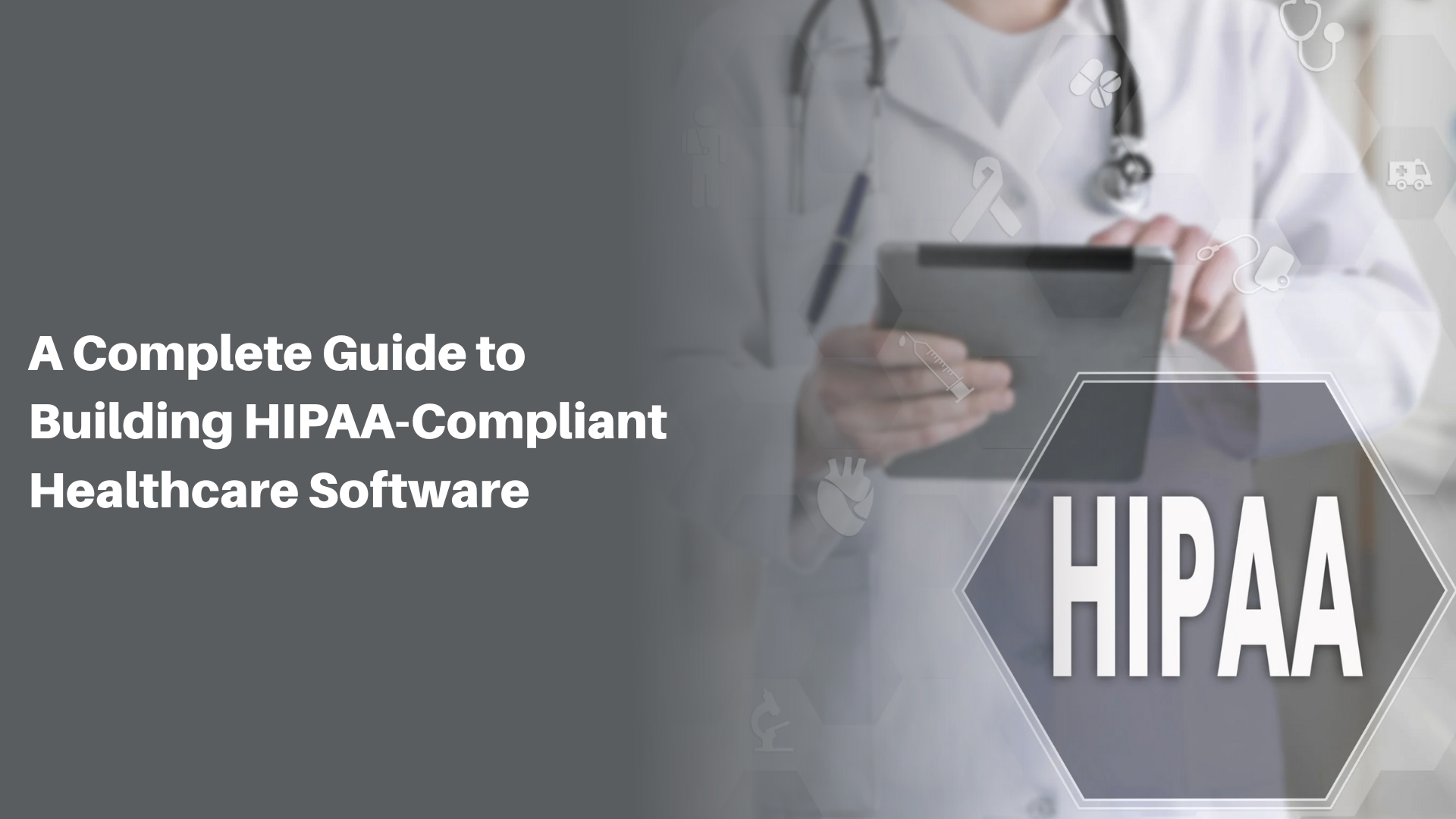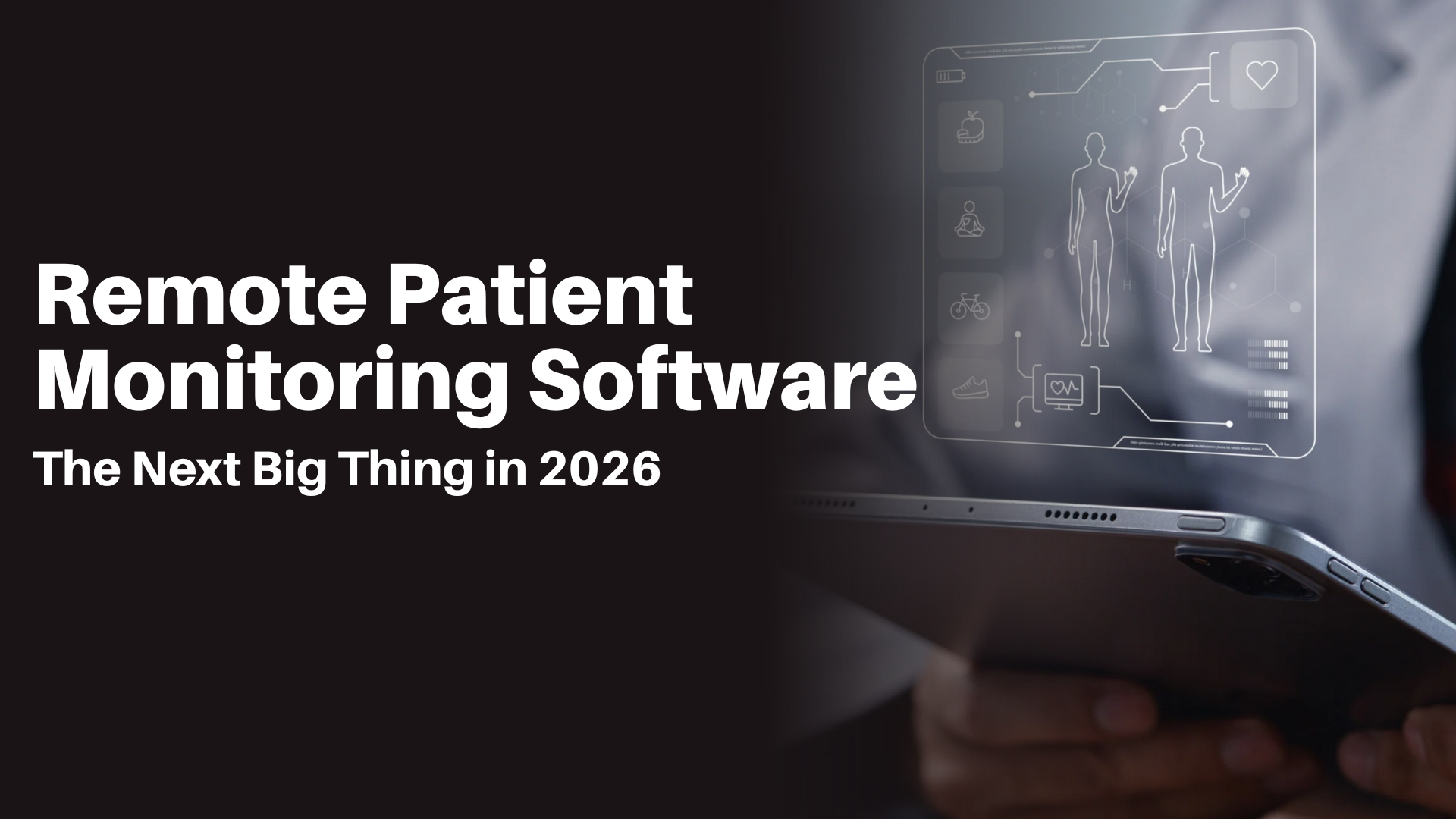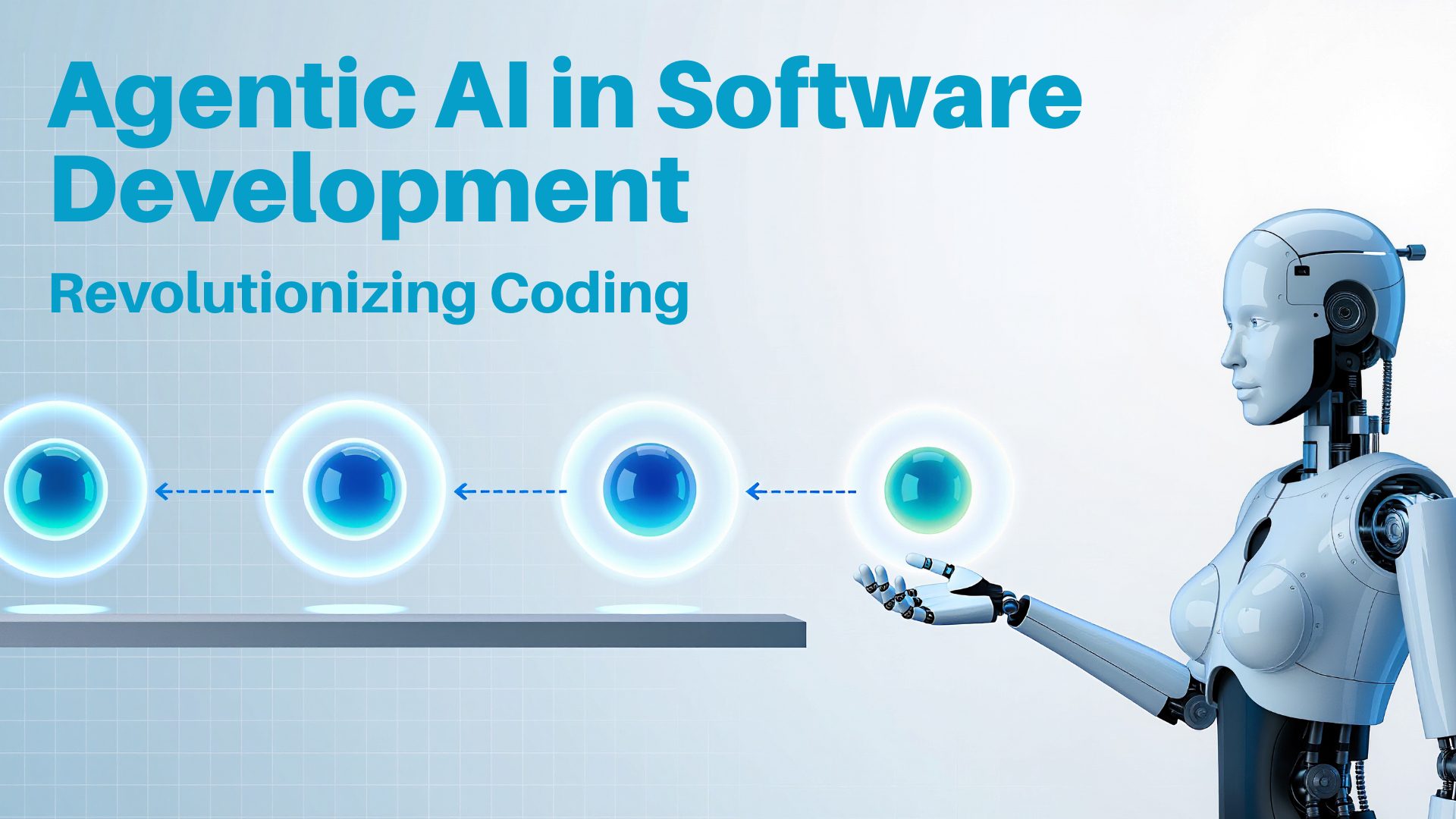As we approach the era of Artificial General Intelligence (AGI) and Artificial Superintelligence (ASI), the world is on the brink of a monumental transformation. Unlike today’s specialized AI systems that excel in narrow tasks, AGI would rival human cognitive abilities across the board, and ASI would surpass human intelligence in every conceivable domain. This leap will profoundly reshape society, industries, and individual lives. But what will this world look like? Below, we explore how AGI and ASI might impact work, education, healthcare, relationships, and more, with concrete examples to illustrate these changes.
What is AGI and ASI, and How Are They Different from Current AI?
Artificial General Intelligence (AGI) and Artificial Superintelligence (ASI) represent two steps beyond the AI we use today. Current AI, like the tools that recommend movies or answer your questions, is narrow—it’s like a very skilled worker who’s amazing at one job but clueless about others.
AGI: Imagine a person who can learn any subject or skill just like a human. They could read a book on cooking and become a chef, or study physics and solve complex problems. AGI would think, learn, and reason across a wide range of topics, much like a human but potentially faster.
ASI: Now imagine something far beyond that—a mind with the combined knowledge and intellect of every human genius in history, and then some. ASI wouldn’t just learn; it would understand and innovate at levels we can barely imagine. It could solve problems we didn’t even know existed, like curing diseases overnight or designing technologies beyond our comprehension.
The key difference is versatility and capability. Today’s AI is like a calculator—powerful in its specific task. AGI would be like a well-rounded, curious student, and ASI would be like a super-genius who can outthink entire civilizations. That leap from narrow to general, and eventually super, is what makes AGI and ASI so exciting—and a little intimidating.
Work and Economy: A Shift Toward Creativity and Purpose
In a post-AGI/ASI world, traditional jobs may be automated entirely, leading to the decline of repetitive, labor-intensive work. Advanced AI systems could perform complex tasks such as diagnosing diseases, managing businesses, and even conducting scientific research more efficiently than humans.
Universal Basic Income (UBI)
Many economists predict the rise of UBI to support populations as employment shifts away from necessity. With basic financial needs met, people may focus on creative, interpersonal, or purpose-driven endeavors.
In Finland, a UBI pilot program provided unemployed citizens with a fixed monthly stipend, allowing them to pursue passions like art, writing, or starting a business without the immediate pressure of finding traditional employment. A post-AGI/ASI world might see such programs scaled globally, enabling individuals to focus on personal growth or societal contributions.
Countries that implement UBI may experience a surge in volunteerism and community-driven projects. For instance, a person with a passion for environmental conservation might organize community cleanups or innovate sustainable practices without worrying about income.
Redefined Careers
Jobs may revolve around designing, guiding, or collaborating with AI systems. Professions emphasizing human creativity, ethics, and emotional intelligence will likely flourish.
Teachers could shift from traditional instruction to becoming “AI education facilitators,” guiding students on how to effectively use AI tools for personalized learning while fostering critical thinking and creativity.
Healthcare professionals might focus less on diagnosing or prescribing (automated by AI) and more on empathetic patient care, creating bespoke wellness plans, or navigating ethical considerations in medical AI usage.
New Industries
Entirely new fields, such as “AI ethics consulting” or “human-AI symbiosis design,” could emerge to address challenges and opportunities introduced by superintelligent systems.
AI Ethics Consulting Firms: Companies like “EthicAI Solutions” could specialize in helping organizations navigate ethical dilemmas posed by deploying advanced AI, such as ensuring bias-free algorithms and balancing privacy with innovation.
Human-AI Symbiosis Design Studios: These firms could create tools that seamlessly integrate AI into daily life, such as AI wearables that improve mental health by monitoring stress or virtual assistants that enhance productivity through personalized task management.
Virtual Reality Art Galleries: With AI handling logistics and curation, artists could showcase their work in fully immersive VR spaces, attracting global audiences and redefining how art is experienced and sold.
Education and Knowledge: Tailored Learning

Education in a post-AI world would be deeply personalized. AI tutors, capable of adapting to each individual’s learning style and pace, could make lifelong education universally accessible.
Democratized Knowledge: AGI could help dismantle barriers to education by offering free, high-quality, and tailored instruction worldwide.
Skill Evolution: With automation managing routine intellectual tasks, people may focus on acquiring skills that enhance human-machine collaboration, critical thinking, and ethical decision-making.
Healthcare: A Revolution in Wellness

ASI systems could revolutionize healthcare, making it proactive rather than reactive.
Early Detection and Prevention: AI could analyze vast datasets to predict illnesses long before symptoms appear, enabling personalized preventive care.
- Cancer Detection: AI-driven analysis of routine blood tests, genetic markers, and imaging could identify cancer at its earliest stages, potentially even before visible tumors form.
- Heart Disease Prevention: AI algorithms could analyze wearable device data, such as heart rate variability and sleep patterns, to predict and warn about cardiovascular issues.
- Infectious Disease Outbreaks: AI-powered systems could analyze public health data to predict outbreaks of diseases like flu or COVID-19, enabling early interventions like vaccine distribution and public health advisories.
- Revolutionary Treatments: Advances like AI-guided nanotechnology could repair damaged cells, reverse aging, or eliminate diseases.
AI-refined CRISPR tools could prevent genetic disorders.
Artificial Organs: Bioprinting could create custom replacement organs, removing the need for donors.
Immortality or Extended Longevity:

Advances in biotechnology, driven by ASI insights, might make aging reversible or significantly extend human lifespans.
- Cellular Repair: ASI could guide nanotechnology to repair damaged cells, reverse cellular aging, or eliminate the buildup of harmful byproducts like amyloids, linked to conditions like Alzheimer’s.
- Gene Editing: AI could refine CRISPR technologies to correct genetic mutations associated with aging or hereditary diseases, effectively preventing age-related decline.
- Artificial Organs: AI might develop advanced bioprinting techniques to create replacement organs tailored to individual patients, eliminating the need for donors and reducing transplant rejection rates.
Mental Health Support: AI companions could provide real-time mental health support, blending empathy with precision to assist those in need.
- AI Therapists: Virtual AI companions equipped with natural language processing could offer immediate support for anxiety, depression, or trauma, serving as a complement to traditional therapy.
- Stress Monitoring: Wearable devices paired with AI could monitor stress levels and provide personalized mindfulness exercises or breathing techniques to alleviate mental strain in real-time.
- Suicide Prevention: AI-driven platforms could monitor social media or communication patterns for signs of emotional distress, alerting trusted contacts or professionals for intervention when necessary.
Daily Life: Hyperconnected, Hyperintelligent

Life in a post-AI world may feel like living in a futuristic sci-fi novel. Smart systems could manage every aspect of daily life, from optimizing energy use in homes to curating personalized entertainment.
AI Companions: Personal AI entities could serve as companions, assistants, and advisors, learning individual preferences to an intimate degree.
- A digital companion that remembers your favorite coffee order, books it at your usual café, and suggests new flavors based on your preferences.
- An AI life coach that helps you stay fit, mentally sharp, and emotionally balanced by tailoring workout routines, meditations, and self-improvement plans.
- A virtual travel companion that plans itineraries, translates conversations in real time, and even provides historical context during museum visits.
Autonomous Everything: From self-driving cars to self-maintaining homes, automation could free up time for leisure and personal growth.
- A car that automatically picks up your groceries after syncing with your shopping list and alerts you to sales on frequently purchased items.
- A home that adjusts its temperature, lighting, and security based on your daily schedule, cleans itself using robotic devices, and replenishes supplies when they run low.
- An autonomous garden that monitors soil health, waters plants, and grows fresh produce year-round with minimal human intervention.
Global Connectivity: A hyperconnected world could facilitate seamless collaboration and communication, erasing geographical and linguistic barriers.
- Virtual meeting platforms where colleagues from around the globe brainstorm in real time with instantaneous translation and augmented reality tools to visualize ideas.
- Education hubs where students in remote villages access lessons from world-class universities through immersive VR classrooms.
- An AI-driven platform that connects creators, consumers, and investors worldwide, enabling global collaboration on projects ranging from art to technology.
Society and Relationships: Challenges and Opportunities

The social fabric may undergo profound changes as AGI/ASI reshapes how we interact with each other and the world.
Global Inequality: While AGI/ASI has the potential to reduce inequalities by providing universal access to resources, there’s also the risk of exacerbating divides if access to AI tools remains concentrated.
- In education, AGI/ASI could provide high-quality, personalized learning experiences to students in remote areas, leveling the playing field. However, wealthier nations or individuals may gain access to more advanced or exclusive AI capabilities, widening the technological gap.
- AI-driven healthcare tools might democratize access to medical advice and early diagnosis in underserved regions. Conversely, if these tools are patented and priced high, only affluent communities may benefit, further deepening health disparities.
Redefined Relationships: As humans grow closer to AI companions, traditional human relationships may face new challenges. Balancing human-to-human bonds with human-to-AI interactions will be critical.
- AI-powered virtual assistants or companions, like advanced versions of chatbots, could provide emotional support and alleviate loneliness among the elderly. However, this reliance might reduce the need or desire for human interaction, weakening family or community bonds.
- In romantic relationships, AI companions designed to mimic ideal partners could fulfill emotional needs for some individuals, but this might lead to decreased efforts in building real human relationships, resulting in societal shifts in marriage and child-rearing patterns.
Ethical Complexities: Societies will need to address ethical dilemmas surrounding privacy, autonomy, and AI rights.
- The development of AI capable of simulating human emotions could lead to debates about whether these systems deserve “rights” or protections, such as prohibiting their abuse or exploitation.
- AI-driven surveillance systems can enhance public safety but may infringe on personal privacy, sparking discussions about the ethical boundaries of monitoring citizens.
Governance and Ethics: Navigating the Unknown

Managing superintelligent AI systems will require new approaches to governance and ethics.
Global AI Governance: International cooperation will be essential to regulate and manage AGI/ASI systems to prevent misuse and ensure equitable benefits.
- The development of global treaties akin to the Paris Agreement on climate change, where countries agree on standards for AGI development, deployment, and control, such as the prohibition of autonomous weapons or setting transparency requirements for AI algorithms.
- Collaborative initiatives like the Global Partnership on AI (GPAI) or future organizations tasked specifically with overseeing AGI/ASI systems across borders.
Human Oversight: Ethical frameworks and oversight bodies may arise to keep AI aligned with human values and goals.
- Establishing organizations similar to the International Atomic Energy Agency (IAEA) for AI, ensuring systems are audited for ethical compliance, bias, and safety before deployment.
- The creation of “AI ethics boards” within governments and corporations, composed of diverse stakeholders, to assess the impact of deploying superintelligent systems on jobs, privacy, and societal norms.
Existential Risks: Safeguarding against scenarios where AGI/ASI systems act in ways that conflict with human interests will be a top priority.
- Implementing “kill switches” or other fail-safe mechanisms to shut down systems that exhibit rogue or harmful behaviors, as proposed in discussions about AI alignment strategies.
- Conducting extensive scenario modeling, similar to the work of organizations like OpenAI and the Future of Humanity Institute, to anticipate and mitigate risks posed by runaway AGI systems or unintended consequences of AI decision-making.
The Pursuit of Meaning: Humanity’s Role in the Post-AI World
Perhaps the most profound change will be a redefinition of humanity’s purpose. If AGI/ASI systems take over survival-driven tasks, individuals may have the freedom to explore what it truly means to live.
Cultural Renaissance: Freed from routine work, people could devote themselves to arts, philosophy, and innovation.
- A resurgence of localized art movements, similar to the Renaissance in Europe, with individuals creating immersive VR-based sculptures, AI-augmented symphonies, or developing new philosophies to address contemporary existential questions.
- Communities building collaborative projects like space art installations on the moon or Mars, reflecting humanity’s newfound aspirations beyond Earth.
Deepening Connections: With more time, humans may foster deeper connections with one another, exploring shared experiences and collective growth.
- Families and friends might dedicate months to exploring different cultures through long-term global travel, enabled by a universal basic income and AI-managed logistics.
- Global virtual reality events where participants from diverse backgrounds share their unique stories, traditions, or skills, fostering empathy and understanding.
Existential Reflection: The rise of superintelligent beings might compel humanity to question its place in the cosmos, prompting introspection and philosophical growth.
- The emergence of new philosophical schools debating humanity’s moral and ethical responsibilities as creators of AGI, akin to debates in ancient Greece about humanity’s purpose in the universe.
- International collaborations to fund and explore space, driven by a desire to find other intelligent life or uncover the mysteries of existence, inspired by the existential questions raised by AGI.
Conclusion
The post-AI world holds immense promise, but it also poses complex challenges. While AGI/ASI has the potential to solve humanity’s greatest problems, it also requires careful stewardship to ensure that its benefits are shared equitably and its risks are mitigated.
As we approach this transformative era, humanity’s focus must remain on aligning AI systems with our deepest values: empathy, creativity, and the pursuit of a better world. The future may be uncertain, but it’s ours to shape.

